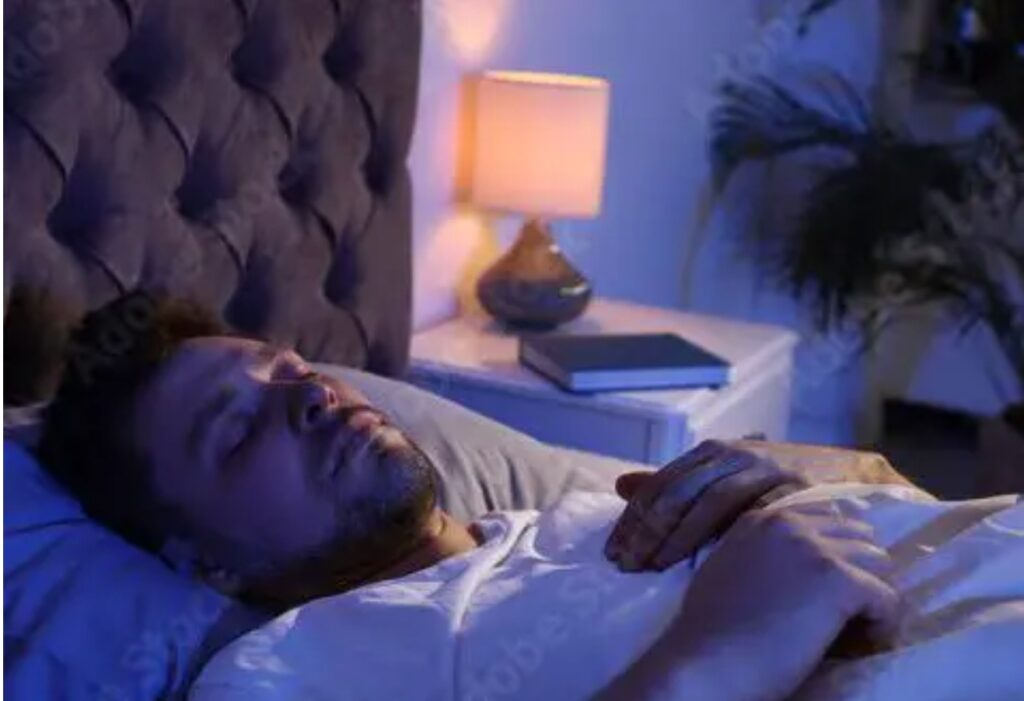Tips💡
Dangerous Risks Of Leaving Your Light On While You Are Sleeping At Night

Many of us have grown up with the habit of leaving a light on while we sleep, either out of fear of the dark or simply for convenience. However, it’s important to be aware of the potential dangers associated with this practice. CONTINUE FULL READING>>>
While it may seem harmless, leaving your lights on while sleeping at night can have negative consequences for both your health and the environment. In this article, according to Healthline, we will explore the risks of leaving lights on during sleep and the negative effects it can have on your overall well-being.
One of the primary concerns is the impact on your sleep quality. Exposure to light, especially the blue light emitted by electronic devices and certain types of bulbs, can disrupt your natural sleep-wake cycle. This is because light suppresses the production of melatonin, a hormone that regulates sleep.
When you expose yourself to bright lights while trying to sleep, your body may struggle to produce enough melatonin, leading to difficulty falling asleep and achieving restful sleep. Poor sleep quality can have a range of detrimental effects on your overall well-being, including increased stress levels, impaired cognitive function, and weakened immune system. CONTINUE FULL READING>>>
Leaving lights on throughout the night also contributes to unnecessary energy consumption and environmental damage. The electricity used to power lights when they are not needed adds to your carbon footprint.
With the increasing focus on sustainability and reducing greenhouse gas emissions, it’s crucial to be mindful of our energy usage. By turning off lights when they are not in use, we can make a significant impact in conserving energy and mitigating climate change.
Moreover, leaving lights on overnight can pose a fire hazard. Although modern lighting fixtures are designed to be safe, accidents can still occur. Electrical faults, such as short circuits or faulty wiring, can lead to overheating and potentially ignite a fire.
The risk increases when lights are left unattended for extended periods, such as during sleep. To minimize the risk of fires, it’s advisable to switch off lights before going to bed and ensure that all electrical systems in your home are properly maintained.
Lastly, the financial aspect cannot be overlooked. Leaving lights on all night unnecessarily increases your electricity bill. By practicing energy-efficient habits, such as turning off lights when not needed, you can reduce your monthly expenses and save money in the long run.
To create a more conducive sleep environment and minimize the potential risks, it’s recommended to adopt healthy sleep habits. Create a relaxing bedtime routine, ensure your bedroom is cool, dark, and quiet, and consider using blackout curtains or sleep masks if you are sensitive to light.
Instead of relying on artificial lights, you can utilize nightlights or low-intensity lamps that emit warm, soothing light to alleviate any fear of the dark.
In conclusion, leaving your lights on while sleeping at night can have several negative effects. It disrupts your sleep patterns, contributes to unnecessary energy consumption and environmental damage, poses a fire hazard, and increases your electricity bill. By adopting energy-efficient practices and creating a sleep-friendly environment, you can promote better sleep, reduce your ecological footprint, and safeguard your well-being. CONTINUE FULL READING>>>












